Submitted by
Leah Wilsey, PTA, DOR
Oak Creek, Kimberly ID
Living in the world where health care ‘budget cuts’ are the norm, how can we be creative and get our patients’ needs met with less resources? At our facility, we’ve been thinking outside the box: those who have practiced in the therapy fields for decades remember our therapy departments in the basements of hospitals or in the back room of a skilled nursing facility with very minimal equipment, yet still able to successfully assist our patients in their healing process.
Here at Desert View, we have really been focusing on utilizing the resident’s room as a main part of the therapy session. Not all of our patients will tolerate coming to the therapy room using free weights or the NuStep machine, but nearly all patients need to get out of bed independently. It is a primary goal for the patient to be able to get from the bed to the restroom to the sink every day, so we focus on the basics of functional mobility as the daily skilled intervention. Once we have them strong in their daily functional needs we build on those within our facility with the items we have readily available; i.e., couches, dining room mobility, showers, van transfers, etc.
We continue with the ‘patient directed’ therapy model. Who is this individual? What did he/she do their whole life? What do they need to do to get back to their prior level of function? Once we can identify their specific abilities as well as motivation, our therapy plan will focus on their function. Gardening, laundry and housekeeping are great activities for many patients. We believe more of a hands-on approach with the patient’s specific image of recovery in mind is more helpful and engaging than ‘general exercise programs.’ General strengthening is important, but specifics will engage patients in a way that routine exercises never will.
The next few months will be challenging for all of us in the health care field as we adjust again to doing more with less. Keeping in mind our patient’s specific goals backed up with specific, skilled documentation, we will continue to succeed at the “why” even as we modify the “how” of our care.



